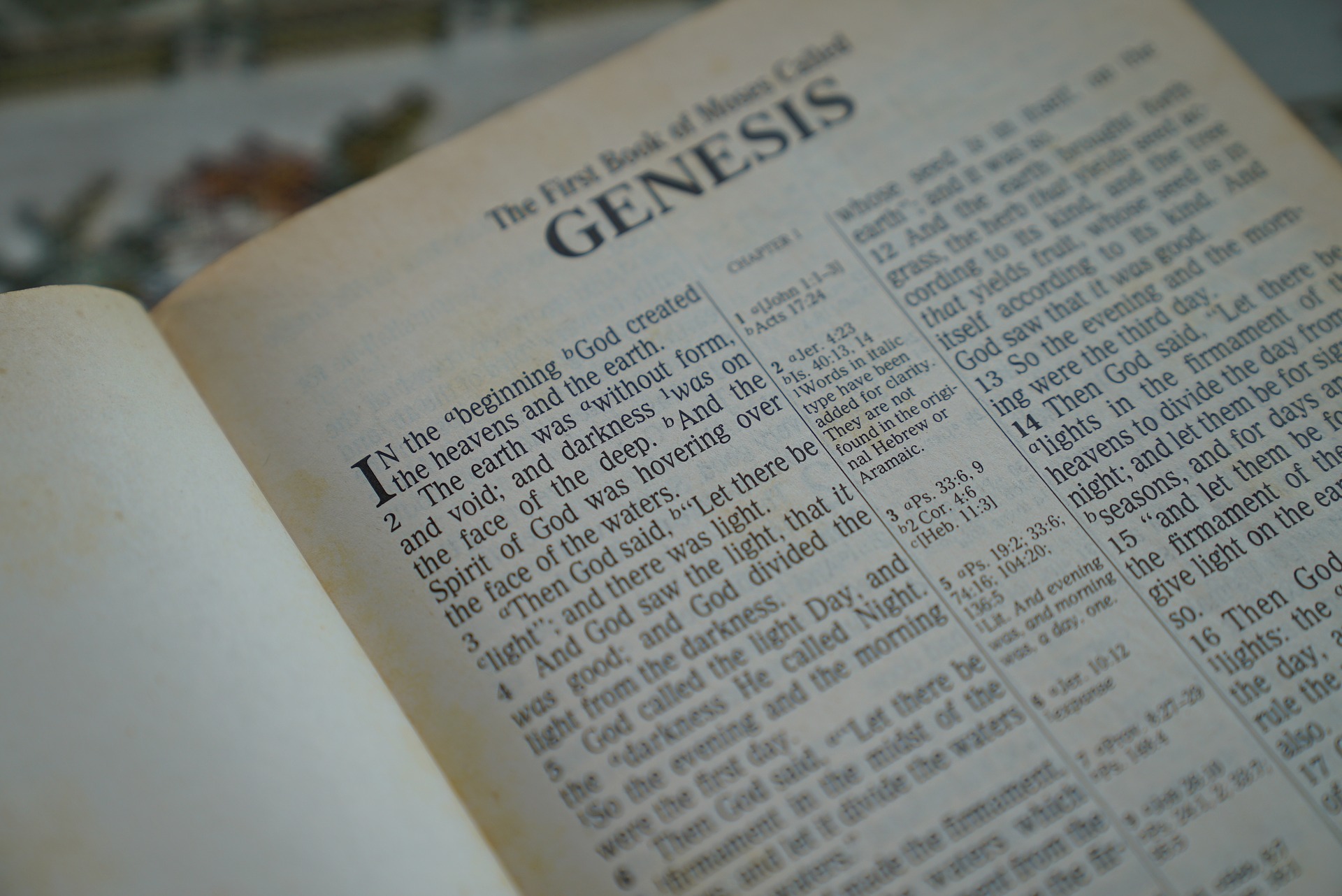Reading Genesis 2:4 today, the first verse where יְהֹוָה (YHVH) is introduced.
I am curious about the proper name of God, so I start looking and come across this explanation:
So let’s take a look at the Hebrew word for God’s Name.
יהוה
From right to left the letters are YUD HEH VAV HEH.
Now if we are going to go by the general rule I just mentioned, this word must have three syllables, right?
Hence, the correct pronunciation would more likely be JEHOVAH.
However, since there’s no “J” sound in the Hebrew, it is more accurately rendered as YEH-HO-VAH.
Mystery solved!
https://messianic-revolution.com/n-intro-10-basic-hebrew-grammar-tells-us-yhwh-must-3-syllable-word-2/
Here is another interesting discussion on the Name of God:
The vocalization of YHWH has been a subject of much debate. Jewish tradition, which according to most scholars dates back to the 6th Century BC, forbids the speaking of the name YHWH. This was a “fence” established to make sure that the command in Torah not be broken:
Deuteronomy 5:11: ‘You shall not take the name of YHWH your Elohey in vain, for YHWH will not hold him guiltless who takes his name in vain.
So it was deemed better to never pronounce His name, than risk doing it “in vain”. As a result, circumlocutions developed; terms such as HaShem (the Name), our Father (Avinu), Heaven (Shamayim), and Lord (Adonay) were used as substitutes for the personal name of YHWH.
The Babylonian Talmud states: “The Holy One, blessed be He said, ‘I am not pronounced as I am written; I am written with [the letters] yod he, but I am pronounced by alef daleth’” (Kiddushin 71a). In other words, although the name was written as YHWH (starting with yod he), it was to be pronounced as Adonay (starting with alef daleth).
Even some of the Dead Sea Scroll fragments show a series of dots in place of YHWH, indicating the prohibition from speaking this name during the second temple period.
This tradition, however, has led to the breaking of another command of Torah:
Exodus 3:15: “Say this to the people of Israel, ‘YHWH, Elohey of your fathers, Elohey of Abraham, Elohey of Isaac, and Elohey of Jacob, has sent me to you.’ This is my name forever, and thus I am to be remembered throughout all generations.
It is an unfortunate consequence of this tradition that today no one knows for certain how to pronounce His personal name, and that He is no longer remember as He commanded.
http://www.tastethehoney.org/wp-content/uploads/2016/05/Names-in-Scripture.pdf
It amazes me the lengths we go to to twist the Bible to fit our ideas. The more I try to read it with an open mind, the more I wish I knew a non-religious Biblical scholar who could help explain the real interpretation of the verses, unimpeded by knowledge of what they “should” say.
Take, for instance, every mention of God until Genesis 2:4, which is at least every other verse up until now, if it doesn’t occur more often than that. The word is elohim. Ancient Hebrew has no capitals, but when it is written using the English alphabet to show pronunciation, YHVH is written all in caps or written out as one of several words used to identify the proper name, LORD or Jehovah probably being the two most common. Always, though, it is written with at least the first letter capitalized, if not the entire word. Elohim, on the other hand, is always written as a lower case word, except when it is the first word of the sentence.
Elohim, as we’ve mentioned before, is a plural word meaning gods and goddesses, and this seems even more fitting when you start looking at the words relating to it, which are feminine as often as masculine.
